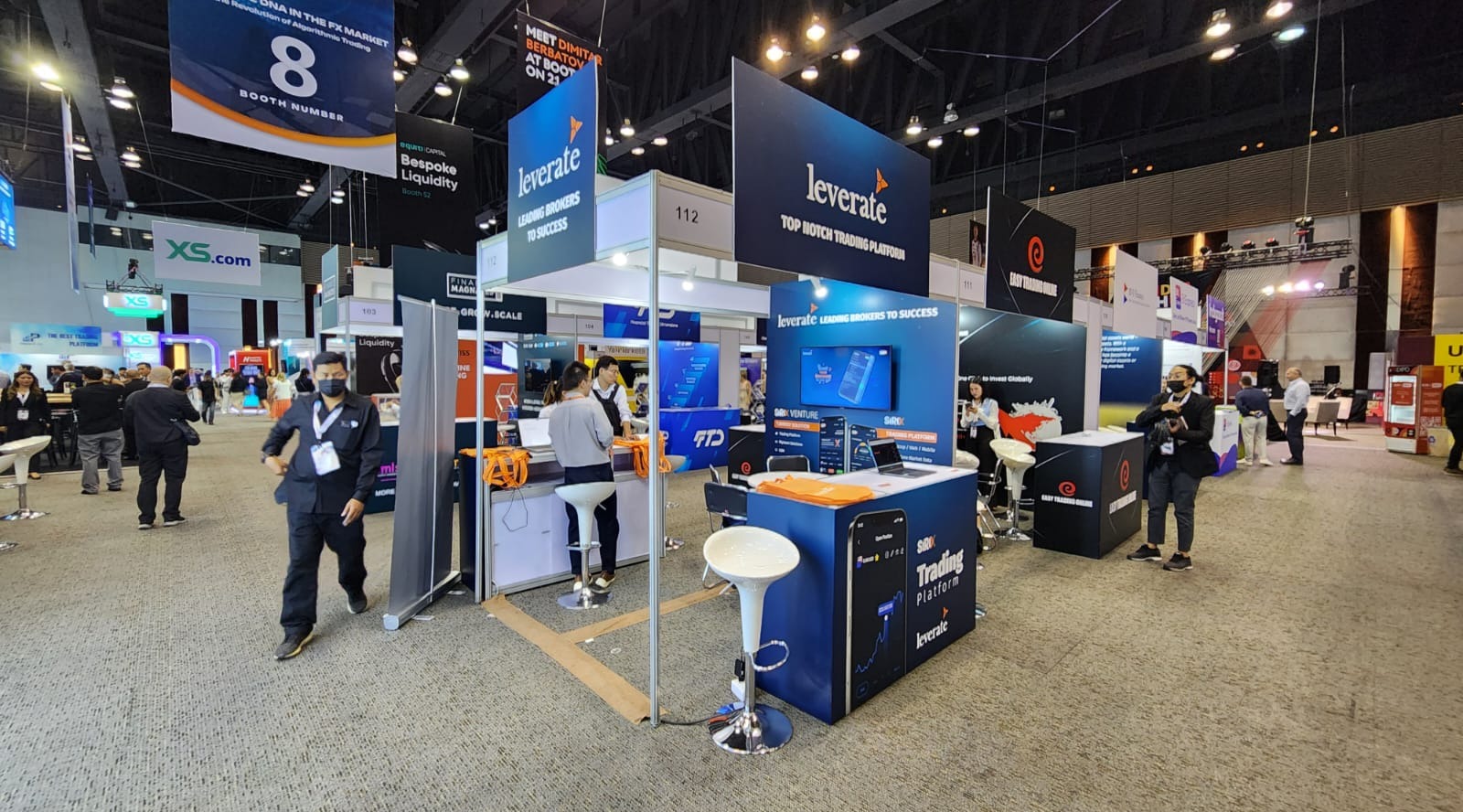In a significant development today (Tuesday), the London court reignited a mass lawsuit of $3.46 billion against leading banks, including JPMorgan and Citigroup, over claims of foreign exchange (FX) rigging. This lawsuit was initially presented by Phillip Evans, the former Inquiry Chairman at the Competition Markets Authority, acting on behalf of thousands of financial institutions, pension funds, and asset managers.
For over ten years, the banks have allegedly been communicating in a so-called 'cartel', using special Internet chat rooms to agree on manipulating rates in real markets.
London Court Stirs $3.46b Forex Lawsuit Back to Life
The return of the lawsuit is made possible by clarifying certain legal issues related to the first case. Evans lodged the lawsuit, which also targets UBS, Barclays, and NatWest, under an opt-out basis. This approach implies that potential claimants are automatically included in the claim, except if they decide to opt-out.
In a contrasting ruling last year, the Competition Appeal Tribunal (CAT) stated that claims could only be launched on an opt-in basis. This condition meant that claimants had to enrol in the case actively. The CAT identified this requirement as a hurdle, making the case unviable.
However, this ruling was overturned by the Court of Appeal on Tuesday, allowing the case to proceed at the CAT. This revival of the lawsuit marks a significant move in the unfolding legal landscape around forex rigging allegations involving major global banks.
The matter pertains to two FX 'cartels' known as 'Essex Express' and 'Three-Way Banana Split'. The European Commission imposed a combined fine of $1.11 billion on them in 2019 in relation to the proposed lawsuit. Now, the amount is much larger, and it is not the government authorities expecting compensation but financial institutions and investors that have been harmed by the illegal actions of large banks acting in collusion.
FX Rigging Drags behind Large Banks for Years
The topic of 'cartels' formed by traders of large investment banks on the FX market has been heating up industry discussions for years. Given the involvement of many institutions and individuals, the case has many threads. Thus, separate lawsuits and investigations in this matter have been conducted worldwide.
According to information from 2021, banks acting in collusion could use a total of 200 different chat rooms to coordinate currency rate manipulation on the market worth nearly $7 trillion each day.
Over the years, more than a dozen major international banking giants have been accused of falsifying forex reference rates between 2003 and 2013. To date, banks have paid about $11.8 billion in fines to several global regulatory bodies and had to pay an additional $2.3 billion to compensate customers and investors.


















